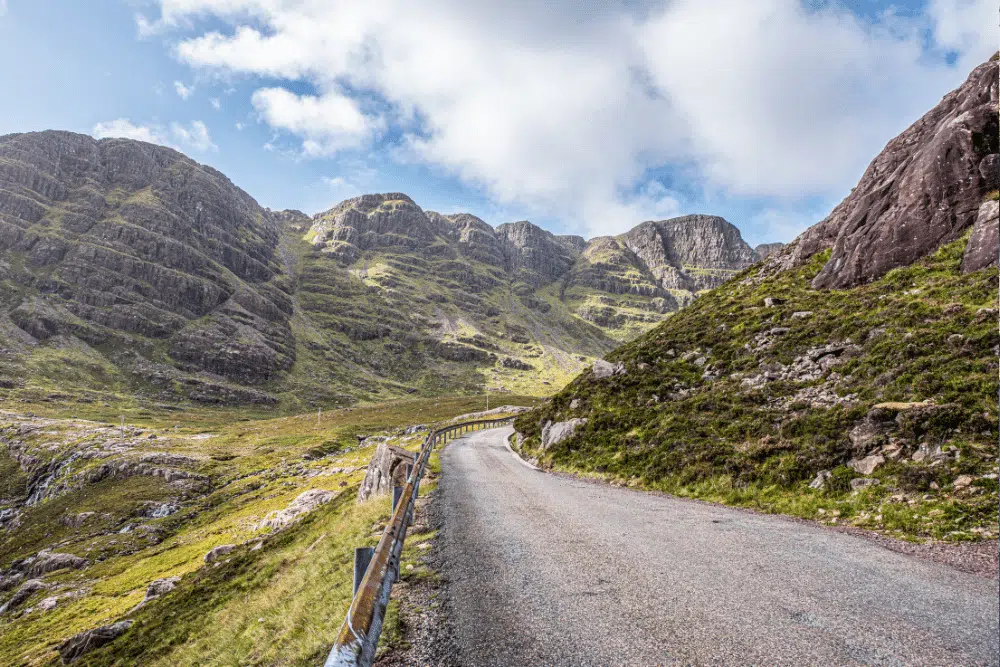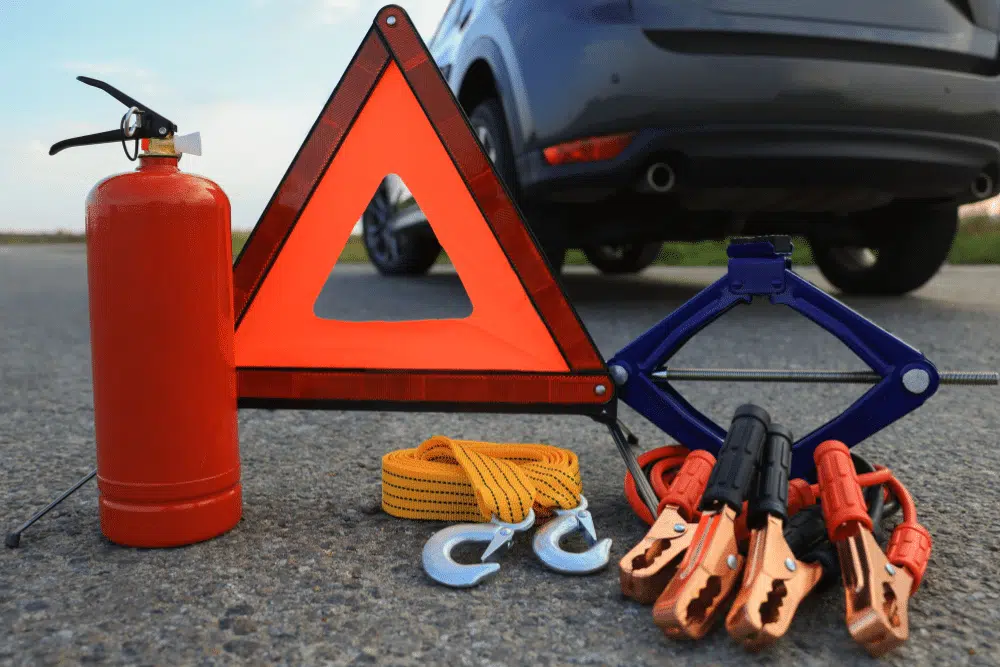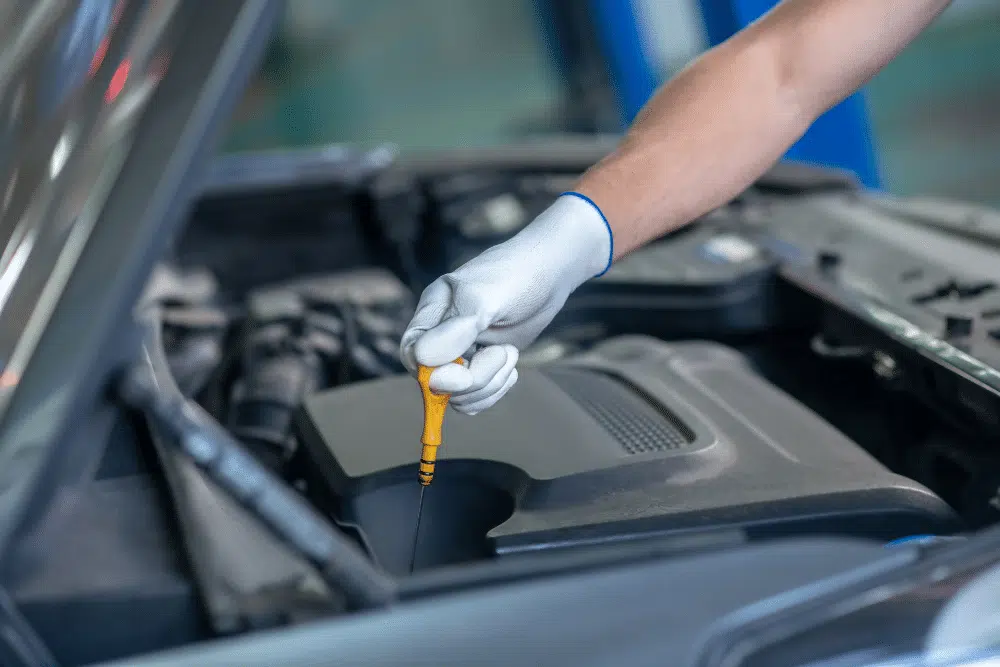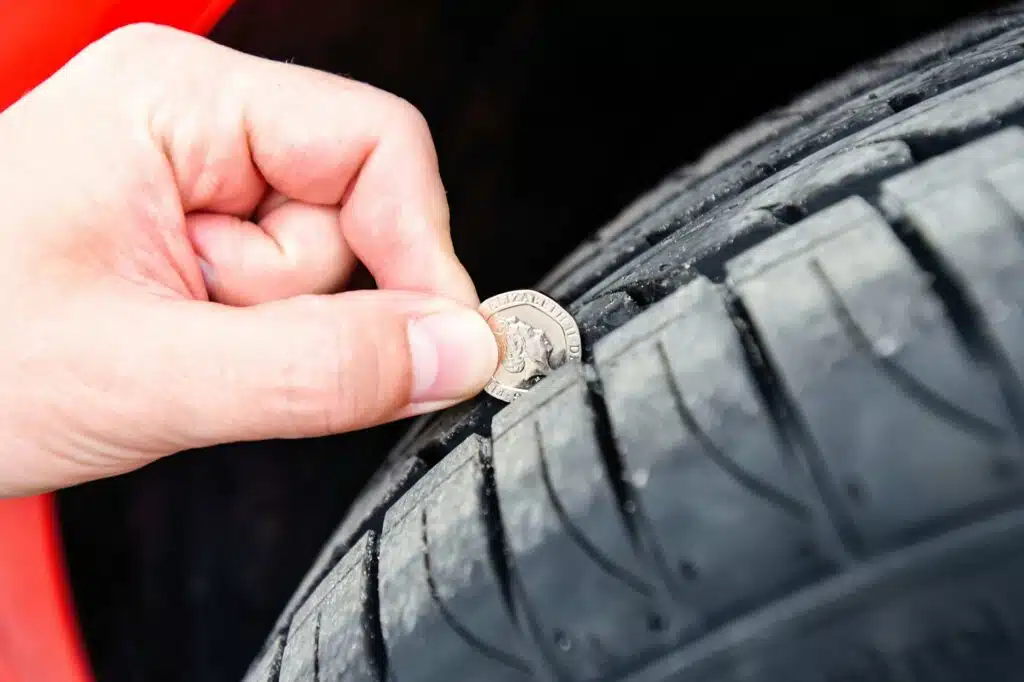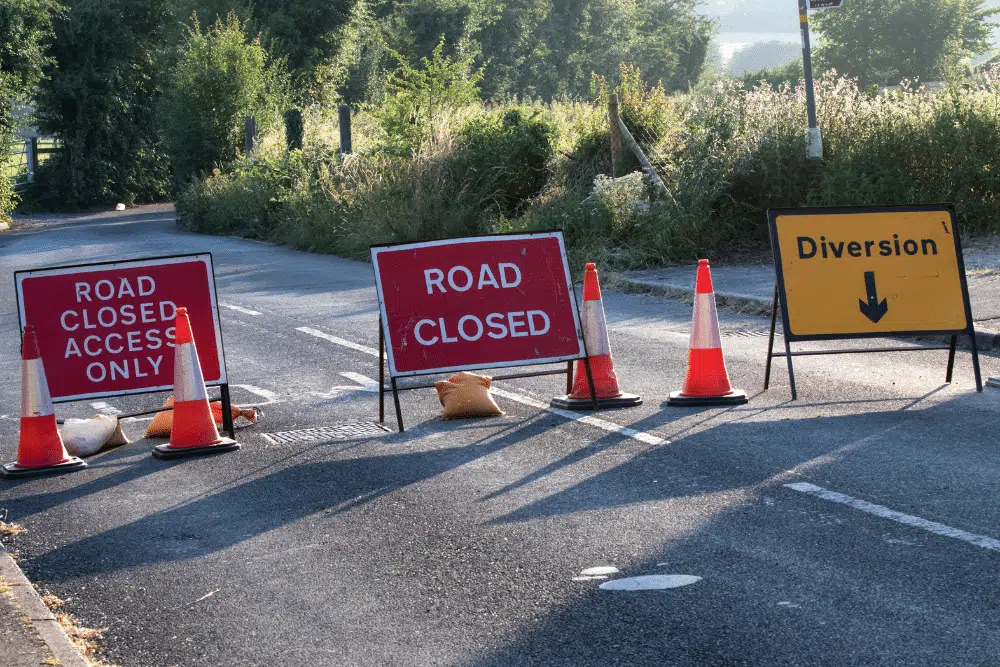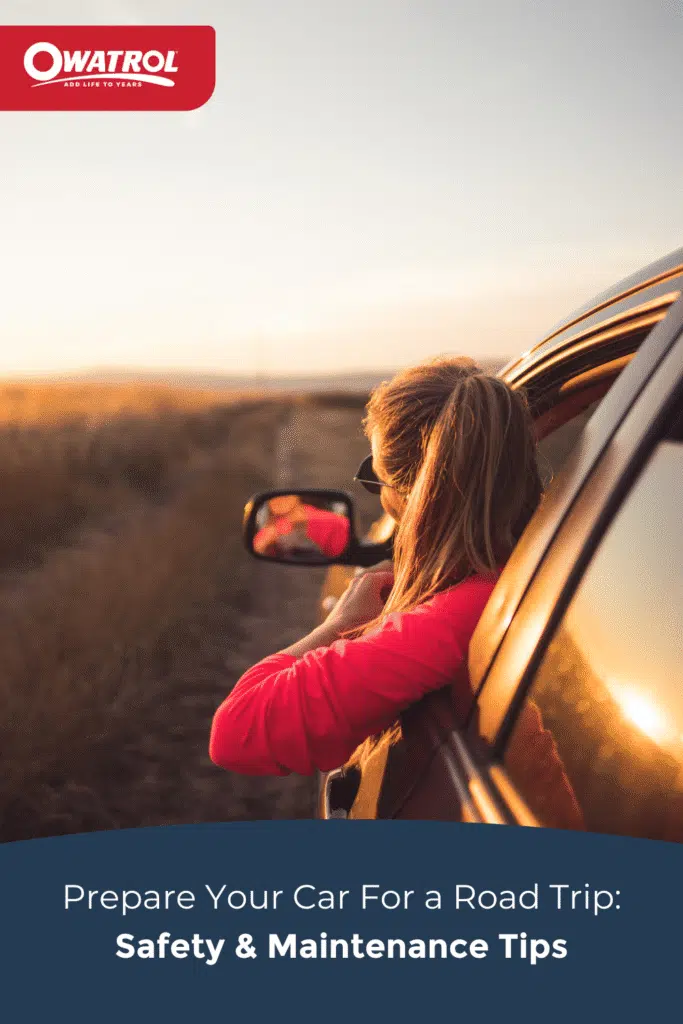If you’re heading out on a road trip, you should make sure your vehicle is adequately prepared for it. This is especially so if you are on your own, or headed out to more remote areas.
Whilst some may revel at the idea of not having a plan and just hitting the open road, some forward planning is always a good thing! Breaking down on your daily commute to the office is one thing, but what if you get caught out stranded in the middle of nowhere?
Although every car should have some basic care year-round, we highly recommend the following safety and maintenance tips for road trips, to help make sure your trip goes off without a hitch.
Essential items
Any important documents
It’s all well and good having documents on your phone or other device, however, should you find yourself low on battery when the worst happens, this will quickly become a useless block. It could be beneficial to have hard copies of just a few important documents, such as car insurance details, travel insurance documents etc. We also recommend you keep the number for breakdown services handy.
Road maps
Again, this is mostly one for if you have run out of battery on your device or the sat nav is having trouble connecting due to being right out in the sticks. Having a way to be able to get you back on the right track is always handy, even if it means going old school!
First aid kit
Having a first aid kit is handy to have in your car at all times. However, we recommend one even more so when heading out on a road trip. You can get pre-made kits in supermarkets and online for as low as £10, which usually come with a variety of items such as plasters, bandages, cold compresses, antiseptic wipes etc.
We also recommend adding a tube of cortisone cream and antihistamines for insect bites, some heat insulating mylar foil blankets and a few snack bars and bottles of water.
Emergency breakdown kit
Another thing we recommend having in the car at all times but again, even more so when you are preparing your car for a road trip, is an emergency breakdown kit. These can be very basic at around £30 or completely kitted out and be upwards of £50. We suggest you have at the very least:
- A hazard warning triangle
- Tow rope
- Booster cables
- Foot pump with gauge
- Weatherproof torch/headlamp + batteries
- Reflective vest/s
- Replacement bulbs
- Emergency glass hammer – with seat belt cutter if possible
- Car jack (with wheel wrench and correct size socket)
Comfort items
Now you have the essentials list ready, it’s time for the fun list! Some items we recommend to make it more comfortable and relaxing are:
- Sunglasses – one of the most difficult scenarios to drive in is when it is sunny, but the roads are wet. The sun reflects from everywhere making it extremely difficult to see. Squinting for long periods of time will inevitably lead to headaches and potentially even migraines, so we recommend having some sunglasses to hand.
- Toiletries – including tissues, hand gel /spray, any medications you or your fellow traveller/s may require, sun cream and bug spray (if necessary due to weather – for any planned stops).
- Water and snacks – keeping hydrated will help keep concentration levels up and snacks/mints/sweets etc. can give the driver (as well as any passengers) a boost. Be mindful of where you are travelling to and pack more food and drink if you will be in any area with limited access to these things.
- Music/games – whilst driving for hours on the open road can be fun for some, for others it can get very boring, very fast. Remember to bring the tunes or play some fun travel games such as 21 questions, or the numberplate game.
Conduct pre-road maintenance checks
It’s imperative that you take the time to give your car a good once-over before you head out and hit the road. Take particular care and thought into the weather you will be driving in, as long distances and extra weight from luggage can put a larger strain on your car than usual.
There are several maintenance checks you should conduct on your car, including:
Oil check
Make sure to carry out a dipstick test and check that the oil level is between the minimum and maximum markers. If it could do with topping up, be sure to add more before venturing out. If your engine doesn’t get enough lubrication, it can very quickly and easily break down.
Coolant check
Despite the name, coolant is something you should always have enough of regardless of the weather as it helps regulate the temperate. On hot days, coolant removes excess heat from the engine. On cold days, it prevents water from freezing.
Washer fluid/wiper blades check
Another important one to have topped up regardless of the time of year. Not being able to have a clear view of the road is a recipe for disaster. If you are driving in the winter, we recommend using the correct dilution to prevent the fluid from freezing. You should also check your wiper blades are in good working order to prevent any smearing.
Lights check
Driving with broken or defective lights is extremely dangerous. Not only can it make it difficult for you to see, but you are also less visible to other road users. Have someone check your backlights and replace bulbs where necessary. You might also require headlight beam deflectors if you are going to be driving in Europe (some vehicles have a built-in beam adjustment setting).
Tyre pressure and tread depth check
Your tyres should be inflated to the correct pressure all the time, however, when travelling long distances, this is even more important. Most vehicles will have a sticker either inside the fuel filler area or in the driver’s door jamb, which indicates the minimum tyre pressure and the suggested pressures for heavy loads.
If you are not sure that your tread depth is of the legal limit, you can insert a 20p coin into the tread grooves. If you cannot see the outer band of the coin, your tyres are above the legal limit – which is 1.6mm. Remember, not only is it unsafe to drive with poor tread depth on your tyres, but it is also illegal and you can face a £2,500 fine for each tyre.
Lubricate with Transyl
Keep your vehicle in tip-top condition with Owatrol Transyl Oil – our lubricating, deep penetrating, self-spreading oil with exceptional ‘wetting’, spreading and climbing properties. It can reach the most hard to reach areas and is perfect for the maintenance of metal assemblies and for lubricating hard to reach metal parts.
It can be used on all surfaces and does not contain caustic or acidic substances so does not damage paint.
Plan your route
Whilst some may find just hitting the open road without a plan the most freeing and effective way to get the most out of a road trip, some parts should ideally be planned ahead of time.
Breaks
It’s recommended that drivers take a 15 minute break every 2-3 hours to deter tiredness. Make sure that wherever you are headed, you will be able to take regular breaks. This can also be handy if you are sharing the drive with another person, so you can swap over in a safe place.
Weather
Although the weather seems to be able to change at the drop of a hat, a quick check-in a day or two before travelling could be the difference between seeing unspoiled views of a beautiful scenic landscape and a dreary drive. This in turn may mean taking alternative routes if you won’t be able to see what you had planned to see!
Moreover, you may need to adjust your travel time based on any severe weather warnings which could help you to avoid a potentially unsafe journey.
Road works/events
Be sure to check ahead of time for any planned road works or upcoming events. These both can have huge knock-on effects and add severe delays and disruptions to your journey.
Optional
Breakdown cover
Although not necessarily vital to a road trip, breakdown cover can be extremely beneficial should the worst happen. You can get just temporary cover for the duration of the trip, should you not want to have it all the time.
Temporary car insurance
Again, although it is not 100% necessary, having another person insured to drive can be handy should something happen and you are now unable to drive. Most are extremely flexible and cost around £30 per day or £100 per week. Some even offer cover for only 1 hour.
Remember, being in the middle of nowhere with no signal will not be a good enough reason to not be insured should an accident occur, or if you are pulled over by the police.
Further reading
Why not take a look at some other blog posts in our automobile section that might come in handy, such as:
How to prepare your car for Winter
Top tips for how to clean a cars interior
We hope you enjoyed this post on how to prepare your car for a road trip: safety & maintenance tips. If you have any other tips or advice, please feel free to leave them in the comments below. We love hearing from you!
Want to keep up with all things Owatrol? Why not follow us on social media? You can find us on Facebook, Twitter, Instagram and Pinterest at @OwatrolUK or join in the conversation at #OwatrolUK

